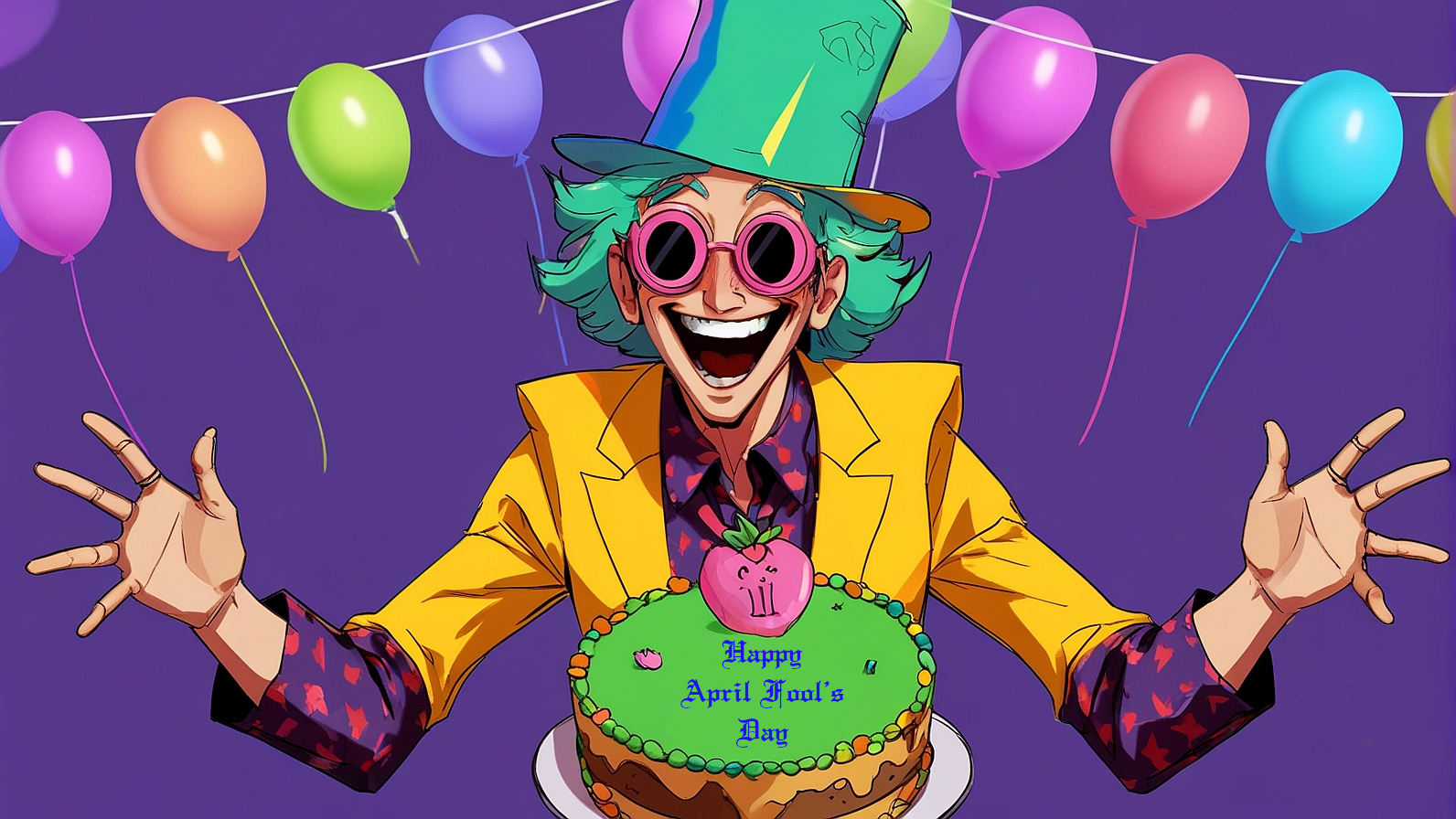Today is “April Fool’s Day”
Editorial Team

April Fool’s Day, celebrated on April 1st every year, is a day dedicated to pranks, jokes, and playful deception. It is widely observed in various countries around the world, with people pulling pranks on friends, family, and colleagues. The origins of April Fool’s Day are not entirely clear, but there are several theories and historical references that shed light on its evolution.
- Historical Background:
- One theory traces the origins of April Fool’s Day back to the 16th century in France when the Gregorian calendar was adopted. Previously, New Year’s Day was celebrated around the end of March or early April, coinciding with the spring equinox. With the adoption of the Gregorian calendar, New Year’s Day was moved to January 1st. Those who continued to celebrate the old New Year’s Day in April were ridiculed and called “April fools.”
- Another theory suggests that April Fool’s Day dates back to ancient Roman and Celtic traditions, which celebrated festivals around the vernal equinox with humor, pranks, and mischief.
- International Observance:
- April Fool’s Day is observed in various countries around the world, though the customs and traditions may differ. In some countries, the pranks and jokes are limited to the morning hours, while in others, they can last throughout the day.
- Newspapers, television stations, and websites often participate in April Fool’s Day by publishing fake news stories or running humorous segments. However, there’s a general expectation that these pranks are revealed by the end of the day to avoid causing confusion or harm.
- Common Pranks and Traditions:
- Pranks on April Fool’s Day can range from harmless jokes to elaborate hoaxes. Some common pranks include:
- Sending someone on a “fool’s errand,” such as asking them to fetch a nonexistent item or perform a pointless task.
- Playing practical jokes, like putting salt in the sugar bowl or replacing toothpaste with mayonnaise.
- Fabricating fake news or announcements to trick others.
- Setting up elaborate pranks, such as filling a room with balloons or covering someone’s car in sticky notes.
- Pranks on April Fool’s Day can range from harmless jokes to elaborate hoaxes. Some common pranks include:
- Cultural Variations:
- Different cultures have their own unique traditions and customs associated with April Fool’s Day. For example:
- In Scotland, April Fool’s Day is known as “Hunt the Gowk Day,” with the term “gowk” referring to a cuckoo bird or a foolish person. The pranks typically involve sending someone on a fruitless journey or tricking them into believing something absurd.
- In France and French-speaking regions, April Fool’s Day is known as “Poisson d’Avril” (April Fish). Children often tape paper fish to their friends’ backs as a prank, and newspapers publish fake stories.
- In India, April Fool’s Day is observed with playful pranks and jokes, similar to Western traditions.
- Different cultures have their own unique traditions and customs associated with April Fool’s Day. For example:
- Ethical Considerations:
- While April Fool’s Day is meant to be a lighthearted and fun-filled occasion, it’s essential to consider the feelings and sensitivities of others. Pranks should be harmless and not intended to cause embarrassment, harm, or distress.
- It’s important to know the boundaries and avoid crossing the line into cruelty or deception that could have negative consequences.
Overall, April Fool’s Day is a day dedicated to laughter, silliness, and good-natured fun. It provides an opportunity for people to let loose, bond with others through shared humor, and enjoy a break from the seriousness of everyday life. However, it’s crucial to approach the day with kindness, respect, and consideration for others.

